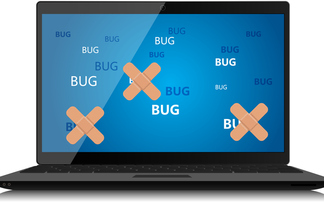The UK IT Industry Awards honor those shaping the future of IT, our industry, and digital society.
The Cybersecurity Festival returns on 2 May 2024!
This free exclusive event for senior IT professionals returns to London on 18 September.
Deadline for entries: 14 June 2024
Receive the best possible price on your festival ticket. Celebrate, network and learn together.


 03 May 2024
•
2 min read
03 May 2024
•
2 min read





























